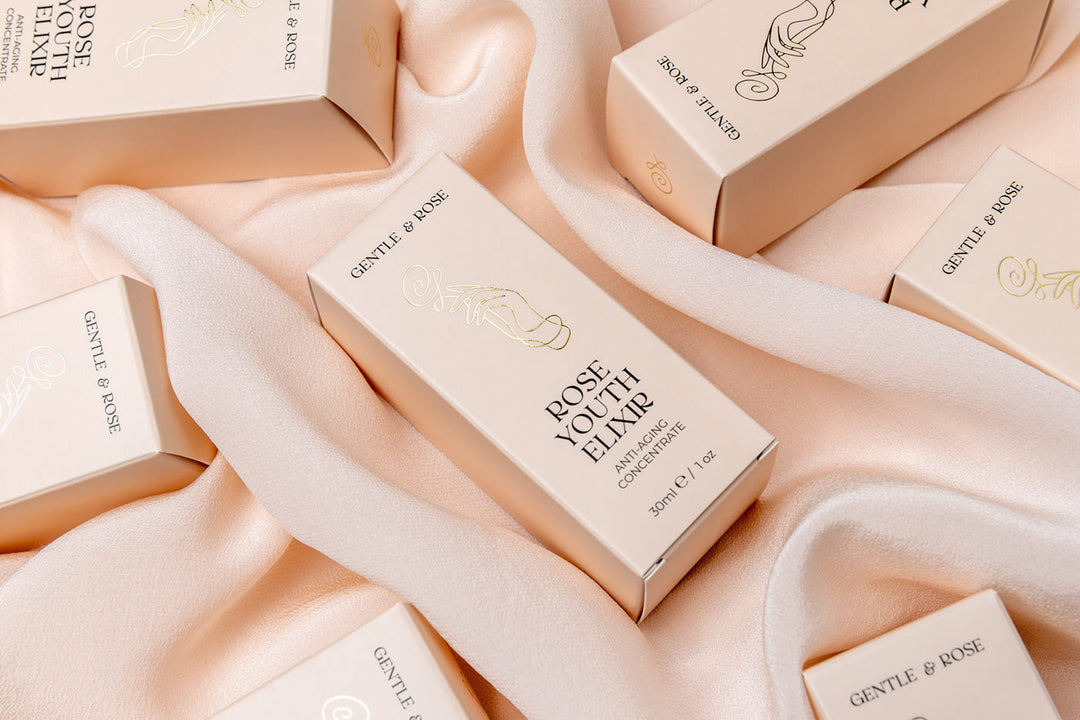Say Goodbye to Sun Damage and Lack of Hydration
As we age, our skin becomes more susceptible to damage from UV rays and environmental factors, leading to wrinkles, age spots, and other signs of aging.
In fact, 80% of premature aging is caused by not using sunscreen and exposing your skin to the sun's harmful rays.
But, it's not just the sun that is aging our skin, lack of hydration also plays a big role in the aging process.
In this blog post, I'll discuss the connection between sun damage and lack of hydration and how to prevent them from aging your skin.
Sun Damage
Consequences of Sun Damage
Sun damage can lead to dehydration of the skin by drawing out moisture. When the skin is dehydrated, it becomes more susceptible to damage from UV rays. The sun's rays are responsible for hyperpigmentation, wrinkling, and dryness of the skin - all skin problems you want to avoid occurring too soon. Sun damage slows down skin renewal, causing old, dead skin cells to accumulate and skin to become dull and oily.
Protection Against Sun Damage
So, how can you prevent sun damage? Obviously by wearing sunscreen, right. As Dr. Elizabeth Tanzi, a board-certified dermatologist and founder of Capital Laser & Skin Care, says "Sunscreen is the most important anti-aging product you can use." But, in addition to using sunscreen, there's another magic ingredient offered by nature that can help protect your skin against photo-aging - bakuchiol.
Bakuchiol is a natural alternative to retinol and it has been shown to improve the appearance of fine lines, wrinkles, and age spots, as well as reduce the appearance of hyperpigmentation.
Unlike retinol, bakuchiol is gentler on the skin and can be used by those with sensitive skin.
It also does not have the sun sensitivity side effect that retinol does, which means you can use it during the day as well.
Bakuchiol works by stimulating collagen production and by inhibiting the enzymes that break down collagen and elastin, it helps to improve the skin's firmness and elasticity.
This makes it a great ingredient to use in conjunction with sunscreen to protect your skin from photo-aging.
Lack of Hydration
- Our skin is 65% water and needs moisture to be healthy. When it's dehydrated, it's less effective and your protective barrier weakens and can no longer effectively protect your skin.
Environmental and lifestyle factors (hot showers, air conditioning, harsh chemical skin care, poor diet) can often cause moisture loss in the top layer of the skin, leading to more wrinkles and fine lines appearing deeper and more pronounced.
- One of the key components to keeping your skin hydrated is hyaluronic acid. Hyaluronic acid is a compound that occurs naturally in the skin but as we age, our bodies produce less and less of it.
Furthermore, sun exposure damage also decreases the amount of hyaluronic acid our skin produces. According to Dr. Howard Murad, a board-certified dermatologist and founder of Murad skincare, "A lack of hyaluronic acid leads to wrinkles and an aged appearance.
- Hyaluronic acid is a powerful humectant, meaning it attracts and retains moisture in the skin. When applied topically, it can help to plump up the skin and reduce the appearance of fine lines and wrinkles. It also helps to strengthen the skin's barrier function, which can help to prevent moisture loss.
- By understanding the connection between sun damage and lack of hydration, and taking steps to prevent them, you can keep your skin looking young and radiant. Using sunscreen, bakuchiol, and hyaluronic acid can help to protect your skin from photo-aging, and keep your skin hydrated and healthy.





Laisser un commentaire